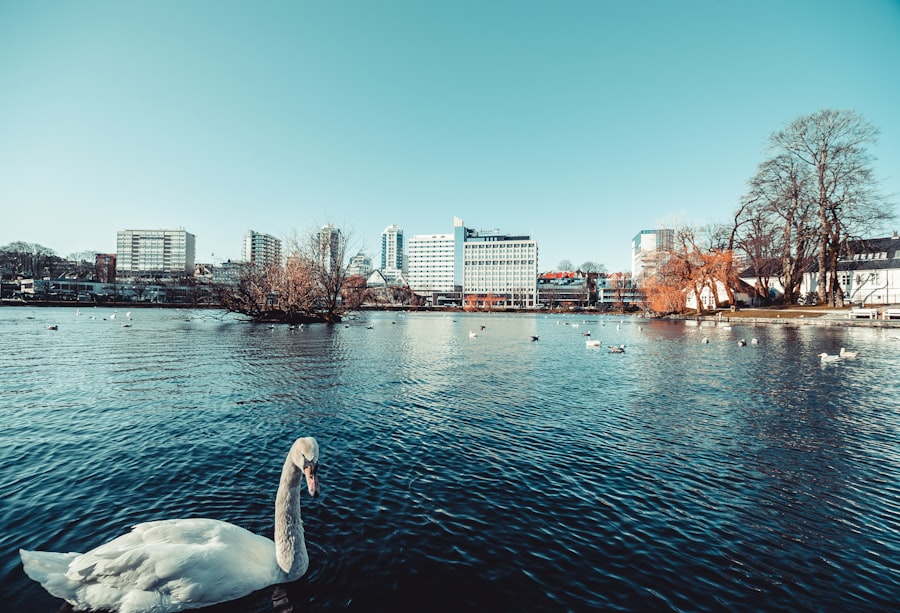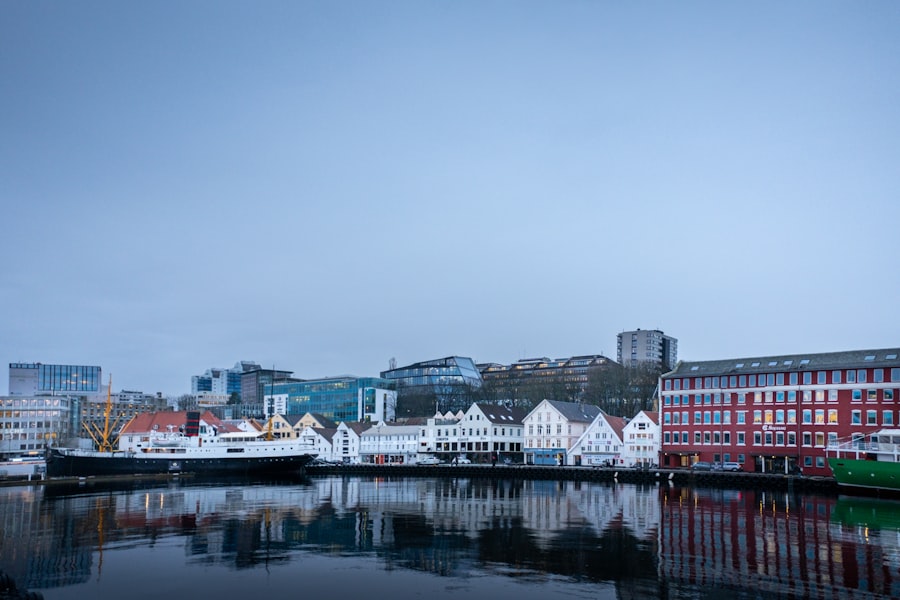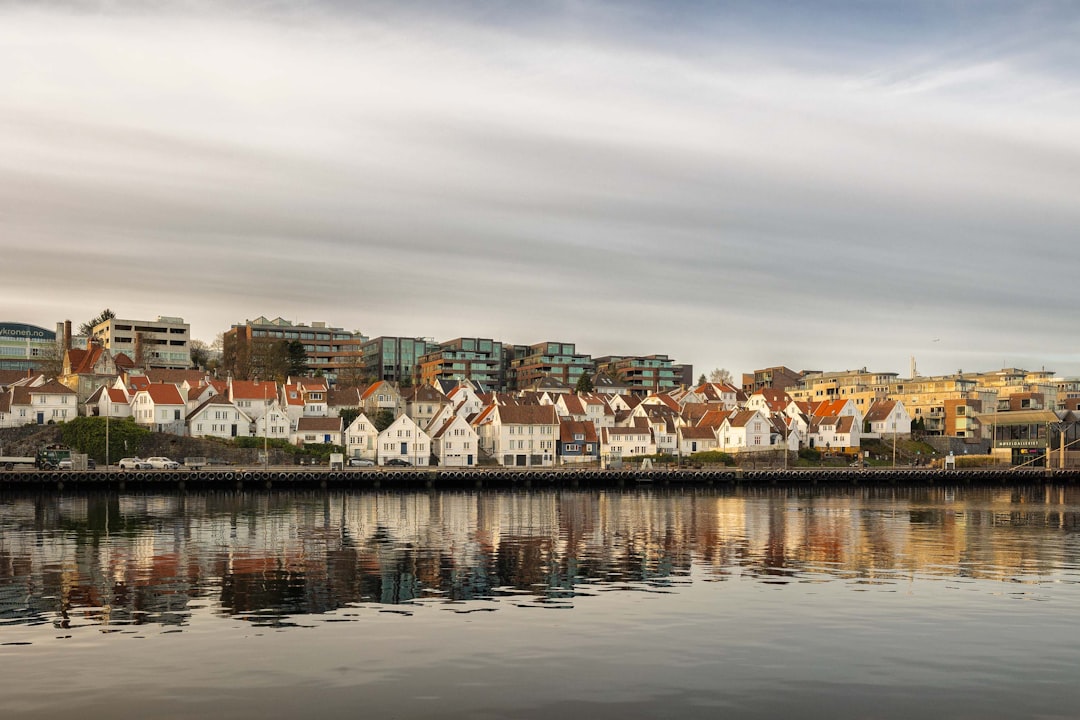When relocating to a new country, one of the most significant challenges is navigating the cultural differences that shape social interactions. Norway, with its unique blend of traditions and modernity, presents a fascinating landscape for newcomers. The way Norwegians engage with one another can be markedly different from what expatriates may be accustomed to in their home countries.
Understanding these nuances is crucial for anyone looking to integrate into Norwegian society successfully. The Norway Relocation Group can be an invaluable resource in this regard. They offer tailored support to help newcomers acclimatise to the cultural fabric of Norway.
From workshops on social etiquette to one-on-one consultations, their expertise can ease the transition and foster a deeper understanding of local customs. By engaging with the Norway Relocation Group, individuals can gain insights into the subtleties of social interaction that might otherwise go unnoticed, paving the way for more meaningful connections with Norwegians. Plan your relocation with confidence. Book a personal meeting with the Norway Relocation Group today. https://norwayrelocation.no/one-hour-strategy-session/
Summary
- Norwegian social interaction is often more reserved and formal compared to other cultures, with an emphasis on personal space and respect for privacy.
- Understanding Norwegian social norms is crucial for successful integration and building relationships with Norwegian neighbours.
- Personal space is highly valued in Norway, and it is important to respect this concept in social interactions.
- Norwegian communication style tends to be direct and honest, with an emphasis on clarity and sincerity.
- Non-verbal communication, such as body language and eye contact, plays a significant role in Norwegian social interactions and should not be overlooked.
Understanding Norwegian Social Norms
Norwegian social norms are deeply rooted in the country’s history and values, which emphasise egalitarianism, respect for personal space, and a strong sense of community. These principles shape how individuals interact with one another, often leading to a more reserved approach compared to other cultures. For instance, Norwegians tend to value directness and honesty in communication, which can sometimes be perceived as bluntness by those from more indirect cultures.
Moreover, the concept of “Janteloven,” or the Law of Jante, plays a significant role in shaping social behaviour in Norway. This unwritten code discourages boasting and promotes humility, which can make initial interactions feel somewhat formal or distant. However, once trust is established, Norwegians are known for their warmth and loyalty.
Understanding these social norms is essential for newcomers who wish to build genuine relationships within their new community.
The Concept of Personal Space in Norway

Personal space is a critical aspect of social interaction in Norway. Norwegians typically maintain a larger physical distance during conversations compared to many other cultures. This preference for personal space is not a reflection of unfriendliness; rather, it stems from a cultural emphasis on individual autonomy and respect for others’ boundaries.
Newcomers may find this aspect of Norwegian social interaction surprising, especially if they come from cultures where close physical proximity is the norm. For those unfamiliar with this concept, it is essential to observe and adapt to the local customs regarding personal space. The Norway Relocation Group can assist individuals in understanding these boundaries through cultural orientation sessions.
By learning about the importance of personal space in Norwegian society, newcomers can navigate social situations more comfortably and avoid any unintended misunderstandings.
Norwegian Communication Style
The communication style in Norway is characterised by clarity and straightforwardness. Norwegians tend to favour direct communication over euphemisms or ambiguous language. This approach can be refreshing for those who appreciate honesty but may also come across as brusque to individuals from cultures that value indirectness or politeness in conversation.
It is important for newcomers to recognise that this directness is not intended to offend; rather, it reflects a cultural preference for transparency. In addition to verbal communication, Norwegians often employ a pragmatic approach to discussions. They appreciate well-structured arguments and logical reasoning, which can lead to more productive conversations.
For expatriates looking to engage effectively with their Norwegian counterparts, adapting to this communication style can significantly enhance their interactions and foster mutual understanding.
Importance of Non-verbal Communication
Non-verbal communication plays a vital role in social interactions in Norway. While verbal exchanges are essential, body language, facial expressions, and eye contact can convey just as much meaning. Norwegians often use subtle non-verbal cues to express agreement or disagreement, making it crucial for newcomers to pay attention to these signals during conversations.
For instance, maintaining eye contact is generally seen as a sign of confidence and sincerity in Norwegian culture. However, excessive staring may be perceived as intrusive. Similarly, gestures such as nodding or smiling can indicate engagement and understanding.
The Norway Relocation Group can provide valuable insights into these non-verbal communication nuances, helping newcomers navigate social situations with greater ease and confidence.
Greeting Etiquette in Norway

Greeting etiquette in Norway is relatively straightforward but varies depending on the context and familiarity between individuals. A firm handshake is the most common form of greeting in formal settings, accompanied by direct eye contact and a friendly smile. In more casual situations or among friends, a simple wave or nod may suffice.
It is essential for newcomers to gauge the level of formality required based on the context and adjust their greetings accordingly. Additionally, Norwegians often appreciate when newcomers make an effort to learn basic Norwegian phrases for greetings. This small gesture can go a long way in establishing rapport and demonstrating respect for the local culture.
The NLS Norwegian Language School in Oslo offers excellent courses that can help expatriates acquire essential language skills, making it easier to navigate social interactions and build connections within their new community.
Common Misconceptions about Norwegian Behaviour
There are several misconceptions about Norwegian behaviour that can lead to misunderstandings among newcomers. One common belief is that Norwegians are unfriendly or aloof due to their reserved nature. In reality, this behaviour often stems from cultural norms that prioritise personal space and privacy rather than a lack of warmth or openness.
Once trust is established, many expatriates find that Norwegians are incredibly welcoming and supportive. Another misconception is that all Norwegians are outdoor enthusiasts who enjoy winter sports and hiking. While many do appreciate nature and outdoor activities, it is essential to recognise that interests vary widely among individuals.
Engaging with locals about their hobbies and preferences can help dispel these stereotypes and foster more authentic connections.
Tips for Breaking the Ice with Norwegian Neighbors
Breaking the ice with Norwegian neighbours can be a rewarding experience if approached with sensitivity and respect for local customs. One effective strategy is to initiate casual conversations about shared interests or community events. Norwegians often appreciate discussions about local culture, nature, or even food, which can serve as excellent conversation starters.
Another tip is to participate in community activities or events where neighbours gather. This could include local festivals, sports events, or even volunteer opportunities. By engaging in shared experiences, newcomers can create opportunities for organic interactions that may lead to lasting friendships.
The Norway Relocation Group can provide information on local events and activities that facilitate social engagement within the community.
Building Trust and Respect with Norwegian Neighbours
Building trust and respect with Norwegian neighbours requires patience and consistency. Norwegians value authenticity and sincerity in relationships; therefore, it is essential for newcomers to be genuine in their interactions. Taking the time to listen actively and show interest in others’ lives can help establish rapport over time.
Additionally, respecting personal boundaries is crucial in fostering trust. Norwegians may take time to open up fully; however, demonstrating reliability and being present during social gatherings can gradually strengthen these relationships. The Norway Relocation Group offers resources on building community ties that can assist newcomers in navigating this process effectively.
Embracing the Norwegian Way of Socialising
Embracing the Norwegian way of socialising involves understanding the balance between individualism and community spirit that characterises Norwegian culture. While personal autonomy is highly valued, there is also a strong sense of belonging within communities. Newcomers should be open to participating in group activities while also respecting individual preferences for solitude.
Moreover, Norwegians often enjoy informal gatherings centred around food and drinks, such as “koselig” evenings where friends come together to share stories and laughter. Engaging in these social traditions can provide newcomers with a deeper appreciation for Norwegian culture while fostering connections with locals.
The Value of Patience and Persistence in Building Relationships with Norwegians
Finally, it is essential for newcomers to recognise that building relationships with Norwegians may take time and require persistence. The initial stages of interaction may feel slow or formal; however, patience is key in allowing trust to develop naturally over time. By consistently engaging with neighbours and participating in community activities, newcomers can gradually break down barriers and foster deeper connections.
The NLS Norwegian Language School in Oslo plays a crucial role in this journey by equipping expatriates with language skills that enhance their ability to communicate effectively with locals. By investing time in learning the language and understanding cultural nuances, newcomers can navigate social interactions more confidently and build lasting relationships within their new home. In conclusion, understanding cultural differences in social interaction is vital for anyone relocating to Norway.
With the support of the Norway Relocation Group and language courses at the NLS Norwegian Language School, newcomers can successfully navigate these complexities and embrace the rich tapestry of Norwegian culture while forging meaningful connections within their communities.
Register for a Norwegian class at the NLS Norwegian Language School now!

